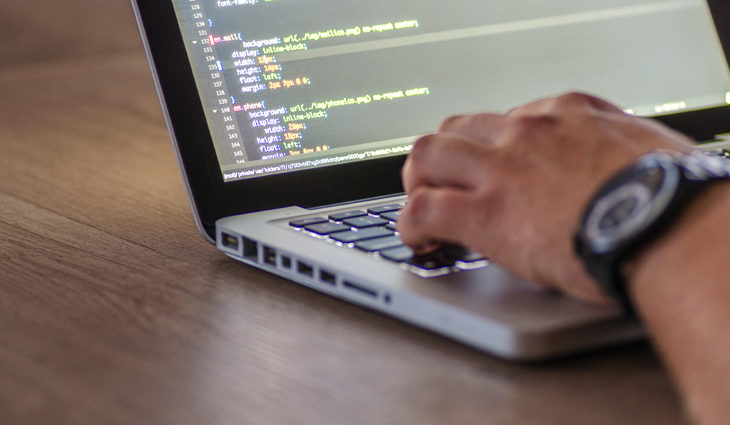
The Significant Difference Between Programming and Coding
Last updated on April 7th, 2024 at 12:58 pm
Coding and Programming are frequently utilized reciprocally in the business. You can find a few conversation gatherings conceptualizing the same thing however the majority of them are fragmented. Although they may appear similar from the outside, there is a significant difference between these terms.
Today, I’m going to try to make it as simple as possible to explain the difference between programming and coding. On the off chance that you have quite recently begun your programming vocation or even in the wake of putting in a couple of years in corporate, you don’t know about the distinction, simply accompany me till the end.
Coding
Coding simply entails translating codes between languages. Our language is not understood by computers. They just grasp twofold language. Someone who converts the requirements into a language that a machine can understand is known as a coder. A coder’s job is to translate logic into machine-readable codes, even though there are numerous processes in between.
Coding is either a component of programming or one of its initial steps. The term “programming” is used in a much broader context than that of “coding,” which primarily entails writing code in various languages by instructions. Coding is simpler and requires less expertise than programming because a coder follows the team leaders’ instructions.
Programming
Programming is more than just writing code—it’s about the bigger picture. It consists of a feeding machine process with directions for doing whatever you want.
A programmer creates things, analyzes problems, creates logic, and ensures that an application or machine will run error-free. While a programmer is in charge of finding effective solutions to potential issues that may or may not arise during the process, a coder writes code at an intermediate level.
Programming specific functions require more than just sitting down and writing code. He/She additionally deals with the littlest issues that can demolish the code alongside every one of the planning. To ensure that the product is successfully implemented without bugs or errors, programmers carry out the planning phase and guide the project in the right direction.
Because a programmer can work as a coder, a developer, an analyst, etc., it takes years for a newbie to become an experienced professional programmer.
Read Dive is a leading technology blog focusing on different domains like Blockchain, AI, Chatbot, Fintech, Health Tech, Software Development and Testing. For guest blogging, please feel free to contact at readdive@gmail.com.
